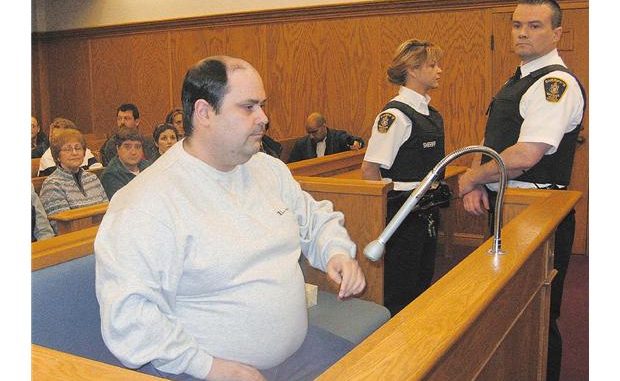

A recent Supreme Court of Canada ruling announced on Thursday has unveiled new rules to protect those targeted by Mr. Big stings, i.e. an undercover operations aimed to draw confessions from suspects. Although the Supreme Court did not completely ban the use of the controversial technique, investigators will still have to think twice before using the technique again because the top court has now concluded that the elaborate operations can involve “powerful inducements” and “veiled threats,” raising the possibility of unreliable confessions and abuse of power.
Director with the Association in Defence of the Wrongfully Convicted, Russell Silverstein, alleged that “police are going to have to retool their approach to cold cases. They’re unlikely to carry on blithely with Mr. Big scenarios because it’s going to be hard to get them into evidence.” A Mr. Big operation involves an officers becoming a ‘mole,’ i.e. posing as members of a criminal organization and befriending the suspect to gain their trust with money, booze and friendship. It may also include the mole to carry out jobs and few staged criminal acts, such as money laundering and drug trafficking.
Ultimately, the mole manages to set up a meeting with the group’s boss, Mr. Big, aimed to make the suspect confess to a past crime. Conventionally, the suspect is often told that the police are onto him and he needs to tell the boss everything or he could be told he needs to share his past because it’s the only way the organization can ensure his loyalty.

Be the first to comment